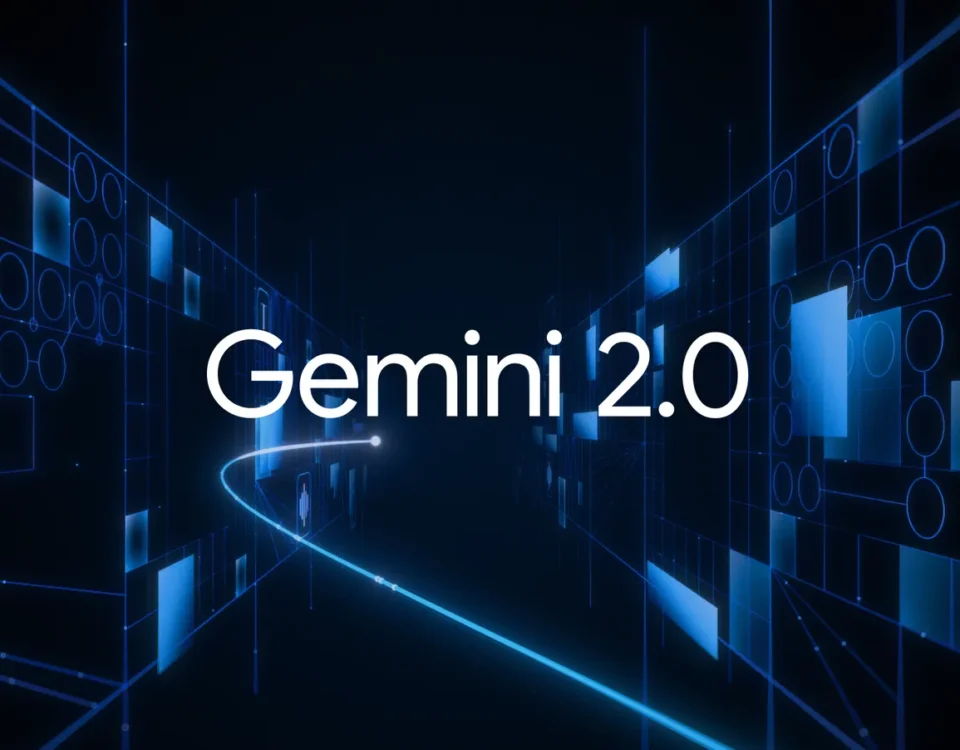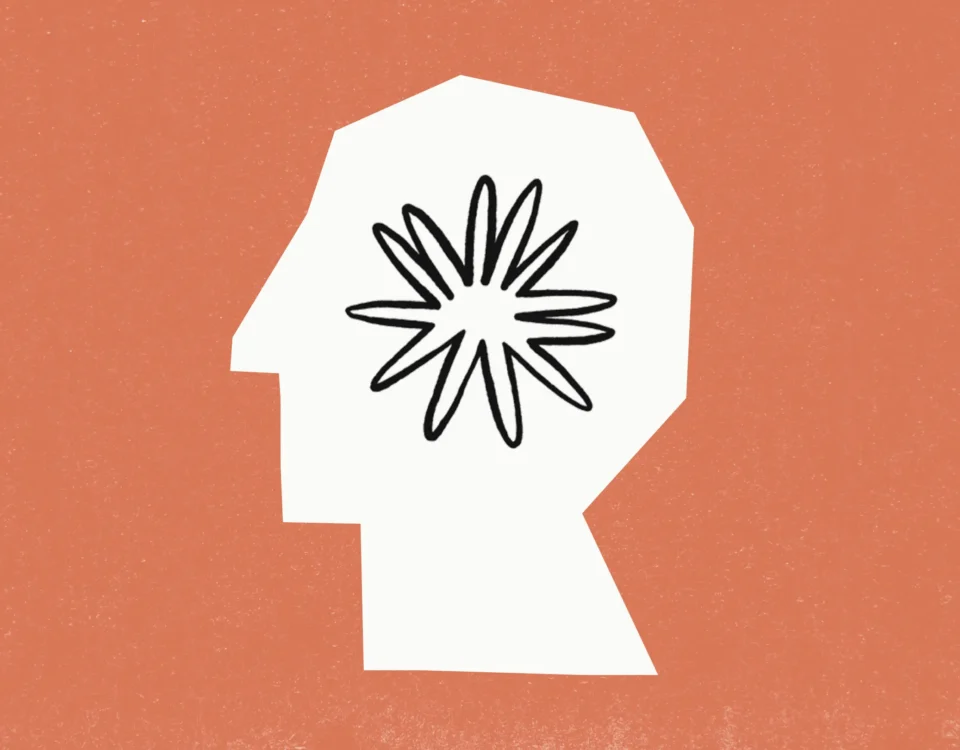“Microsoft Announces AI-Powered Search Engine Bing with Chatbot Integration in Edge Browser”
February 8, 2023An important next step on our AI journey by Sundar Pichai
February 8, 2023Google has introduced a new AI called Bard, which will compete with ChatGPT, a widely used chatbot. With 100 million monthly active users within two months of its launch, ChatGPT posed a threat to Google’s dominant search engine market. On the 6th, Google CEO Sundar Pichai announced Bard through his homepage. He emphasized that the technology will be disclosed to trusted testers prior to being made available to the public in the coming weeks.
Bard is based on a large language model called LaMDA (Language Model for Dialogue Applications) and is trained with 137 billion parameters and 3 billion documents. The name Bard, meaning an apprentice poet, represents Google’s intention to support various types of conversations in the future.
With Bard, users can type into the search box and view the results in the form of a conversation. CEO Pichai stated that one could easily explain the structure of NASA’s James Webb Space Telescope to a 9-year-old child using Bard.
Google’s move to develop Bard came after Microsoft announced its $10 billion investment in OpenAI and integration into its search engine Bing. The current search market size is around $120 billion, with Google holding an 84% share, followed by Bing with 8.9%.
The project, originally called Atlas, focused on using the chatbot in a question-and-answer format on the Google search page. The chatbot would respond to questions below the search results in the form of speech bubbles. The future goal is to combine Google’s vast information search capability with generative AI.
CEO Pichai emphasized that AI is the most important field of research today. He also mentioned Google AI and its affiliate Deep Mind, suggesting a future AI announcement through Deep Mind. Deep Mind is set to update a generative AI called Sparrow, which can attach a source to the material it creates.
Pichai stated that the scale of AI computations far exceeds Moore’s Law, doubling every six months. Google plans to apply this AI to its search engine. The company also plans to build an ecosystem for derivative AI based on its super-giant AI Lambda and to make generative AI powered by Lambda available as an API for startups.
Pichai expressed his commitment to preventing AI from facing ethical problems in the future. Google was the first company to announce AI principles in 2018 and will continue to work with governments and external organizations to establish best practices.



